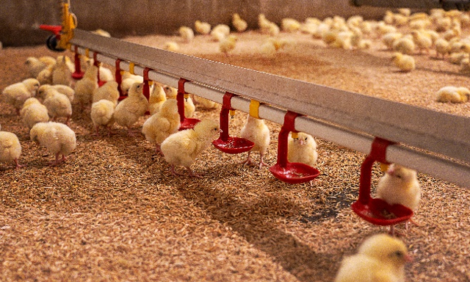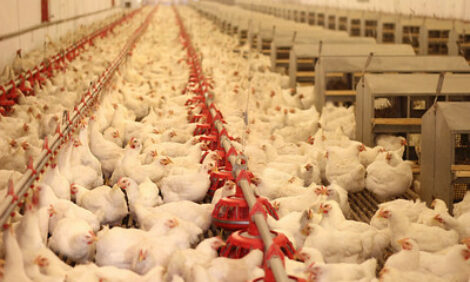



Learning about antimicrobial stewardship should be top of your to-do list in 2020
Vet and animal health and welfare expert at FAI Farms, Laura Higham, explains why the launch of the new course, Antimicrobial Stewardship in the Food Chain, should be on your to-do list in 2020.In 2019, a new online course on antimicrobial stewardship in the food chain was launched with the aim of educating food industry representatives on how they can implement more responsible antimicrobial use in their business. This interactive course has been produced by food security consultancy FAI Farms and endorsed by Responsible Use of Medicines in Agriculture Alliance (RUMA). It is being billed as “an essential tool for educating professionals working in the global food industry on how to mitigate the risks of emerging antimicrobial resistance (AMR)”.
We spoke to course coordinator, FAI's Laura Higham, about the reasons behind developing the course and why antimicrobial stewardship is so essential to both the future of food and farming, and human and animal health.
What prompted FAI to design this course?
FAI has been working for 20 years to drive sustainability in commercial food animal supply chains. In recent years we have supported numerous food businesses in antimicrobial stewardship policy and data collection. There is a lack of governance, standards and frameworks for policy and data reporting for antibiotic usage in food chains. Because of this, FAI decided to bring together our experience and emerging science to create a very practical course that equips food industry professionals with the knowledge, skills and tools they need to tackle this pressing issue.
Why is antimicrobial stewardship such a compelling issue?
Antimicrobial resistance (AMR) is amongst the most significant and pressing health challenges facing human civilisation. It is responsible for an estimated 700,000 human deaths per year and is expected to rise to 10 million human deaths per year by 2050. The cumulative cost to global economic output is estimated at 100 trillion USD. This is due to the declining effectiveness of antibiotic drugs in treating serious infections in people, causing prolonged hospital stays and increasing rates of illness and death. We know that the use of antibiotics in food animals contributes to the global burden of AMR and those of us working in the food industry hold great influence for driving positive impact and reducing public health risks.
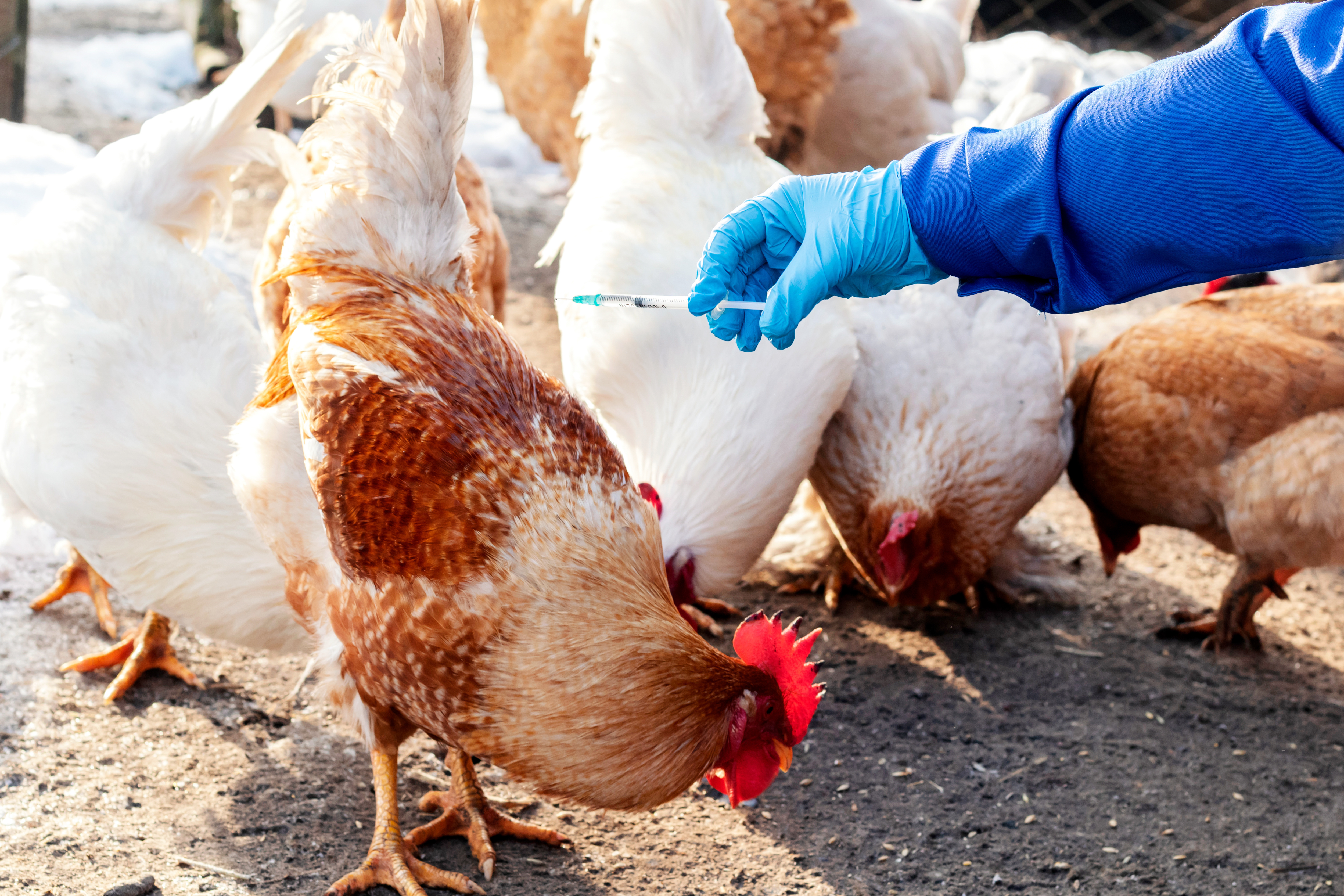
What, in your opinion, is the biggest challenge associated with antimicrobial stewardship?
Antibiotic use is a key driver of antimicrobial resistance, and therefore our behaviour in utilising these important medicines is critical in determining future health outcomes associated with bacterial infections. If we use antibiotics with great care – employing principles of antimicrobial stewardship and utilising alternatives where possible, we may be able to retain them as vital tools in the toolbox of modern medicine. If their use continues to rise unabated, with overuse and misuse dominating in some settings, we may see a reversal in medical progress and resulting human and animal suffering. Human behaviour is very difficult to change, especially at such large scale, but food businesses are in a remarkable position to drive improvement in antibiotic usage in food animal populations, which account for a considerable proportion of consumption at global level.
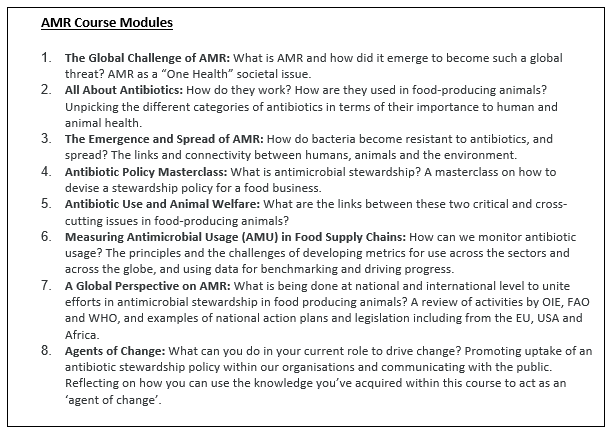
What aspects of AMR stewardship does the course cover?
The course has eight-modules and teaches participants how antibiotics work and how they are categorised. It also covers how resistant bacteria emerge and spread, how to measure medicine usage in food-producing species and how to act as an “agent of change”. It also provides an antimicrobial stewardship “masterclass”, which guides participants through the development of a gold-standard policy for their business, step-by-step.
Who is the course for?
The course is aimed at professionals from retail companies, food service businesses, suppliers, processors and farming integrations. This course is uniquely positioned to support these professional individuals and teams, acknowledging that they are critical decision makers in the development of standards and policy, including around antibiotic use in animals. The course complements existing on-farm and veterinary training.
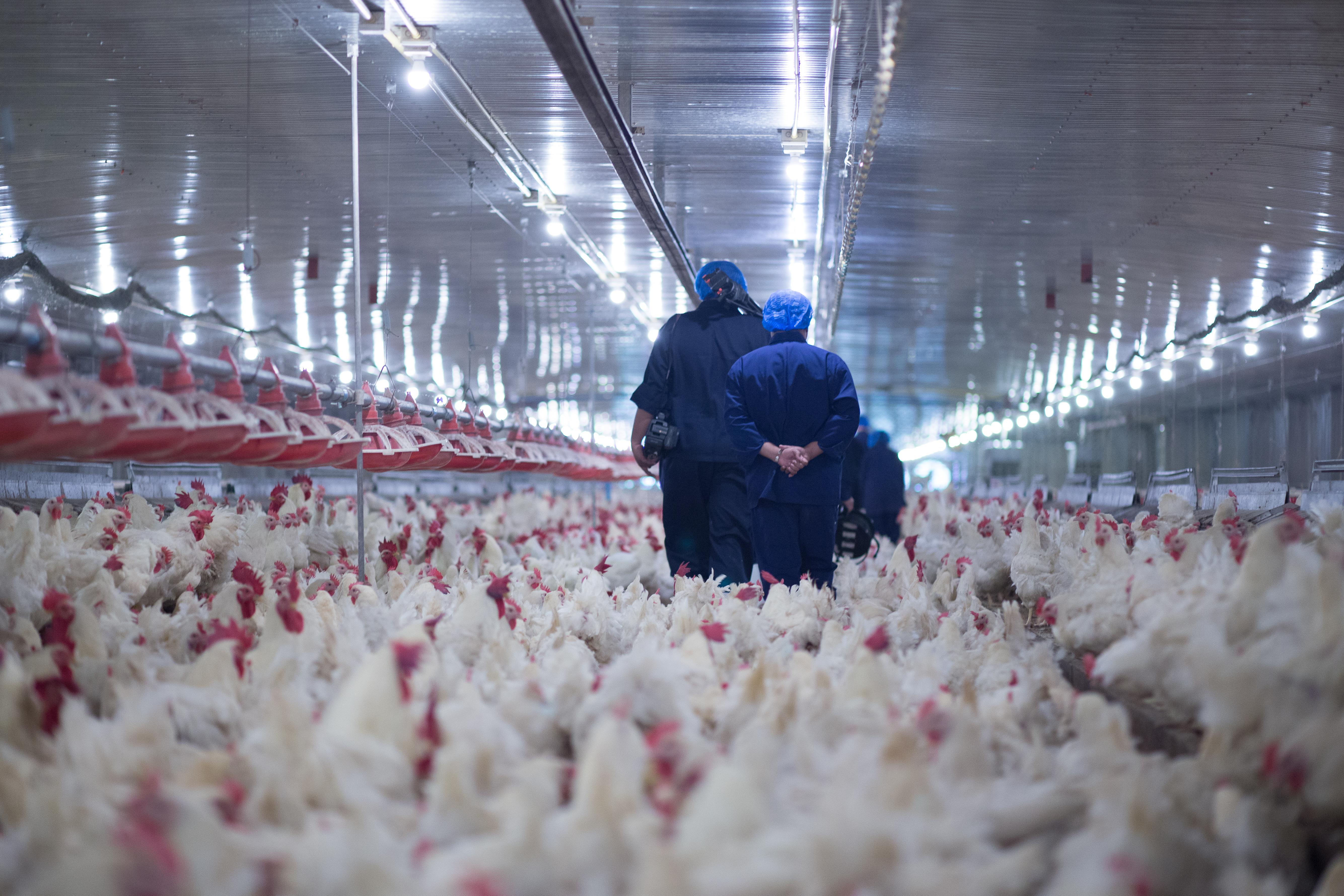
What should participants take away from the content?
Participants should enjoy the varied and interactive course features, including tasks, videos, quizzes and assignments, as well as the flexibility it offers to fit study around busy work and home lives. The course includes expert contributions from international leaders in the field – from academia, research, industry and policy backgrounds. Participants should take away a deep understanding of the “One Health” issue of AMR, and new knowledge, skills and inspiration to tackle the problem in a meaningful way in their professional roles.
What feedback have you received from industry partners?
RUMA has reviewed and endorsed the course, stating “These are excellent resources that will help to elevate the level of understanding and appreciation of this complex topic within the food supply chain globally. The end result should be that food businesses are able to develop sensible, effective policies on antibiotic stewardship that never compromise animal health and welfare or food safety.”
What impact do you hope the course will have?
We believe that empowering food business professionals with the skills and knowledge to tackle the complex One Health issue of AMR will be one of the most important steps in controlling antibiotic use in animals – making a real impact in terms of reducing the risk of antimicrobial resistance in our communities.
Click here to learn more about FAI's antimicrobial stewardship course.








